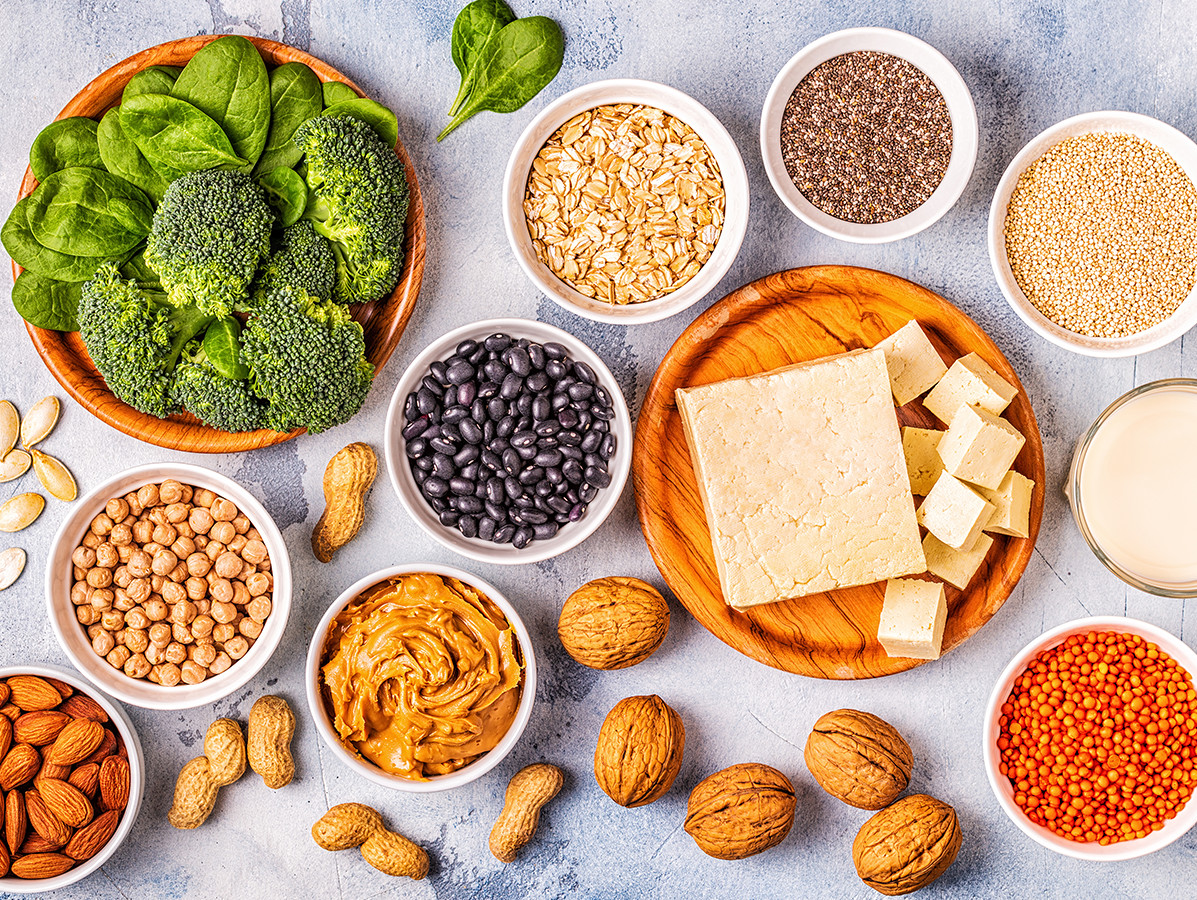We're currently searching through more than 4,000 articles, just a moment's patience...
We're currently searching through more than 4,000 articles, just a moment's patience...

The market for plant-based ingredients and dairy alternatives is growing at a fast pace. But little is known about the potential microbial contamination risks of plant-based proteins, compared to more familiar dairy products.
Novel plant ingredients may contain unknown types and levels of microbes. However, these ingredients often require milder processing. For example, high heat treatments may severely impact the ingredient’s functional or nutritional performance. But the milder processing conditions may not sufficiently inactivate the microbes. If undesirable microbes are able to survive and grow in your product, they could cause spoilage or worse – a health risk.
NIZO’s research into microbial contamination in plant-based ingredients has revealed several microbiological health and stability challenges for food manufacturers. NIZO found that: Most of the plant-based protein ingredients contain significant levels of microbial contaminants, including the spore forming bacteria Bacillus cereus, B. subtilis, B. amyloliquefaciens, B. licheniformis and Geobacillus stearothermophilus. Some of these produce heat-stable toxins and/or heat-resistant spores that can survive even high heat treatments.They can also contain low concentrations of heat-resistant moulds.
To tackle these microbial risks, you have to consider quality and safety throughout the entire food chain: ingredients, formulation and process, finished product, and distribution chain conditions.
Source: NIZO
Vakblad Voedingsindustrie is a project of b2b Communications BV.
© COPYRIGHT 2025 VOEDINGSINDUSTRIE | ALLE RECHTEN VOORBEHOUDEN
Powered by Wallbrink Crossmedia © 2025
Een abonnement kost € 80,- exclusief 9% BTW per jaar.

We work in accordance with the privacy legislation. After your registration you will receive an e-mail with a confirmation link. Only after you have clicked on this link will you be registered as a recipient of the newsletter. If you can't find the e-mail in your inbox, please also look at unsolicited e-mail.


Lorem ipsum dolor sit amet, consectetuer adipiscing elit. Aenean commodo ligula eget dolor. Aenean massa. Cum sociis natoque penatibus et magnis dis parturient montes, nascetur ridiculus mus. Donec quam felis, ultricies nec





